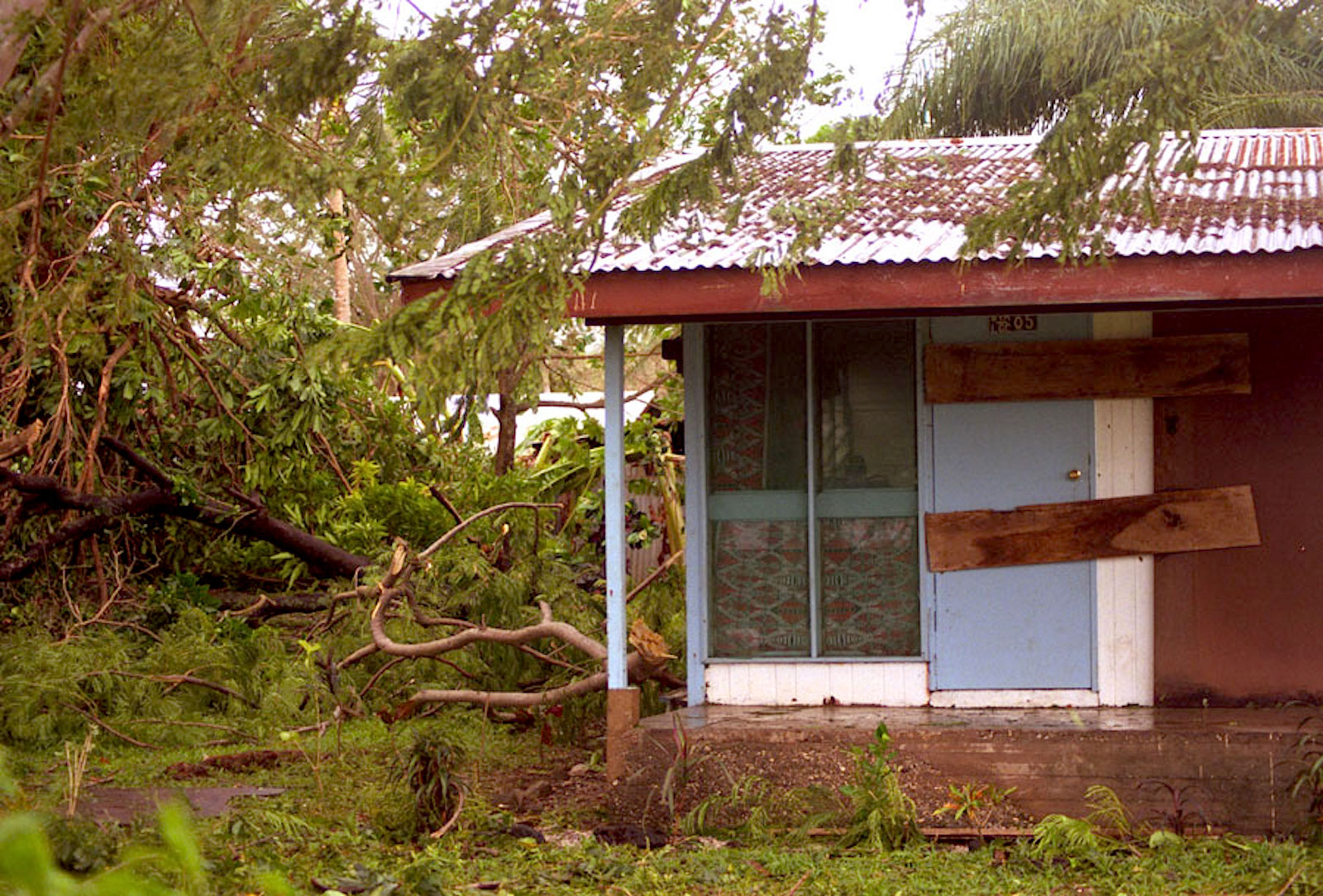by
Franz Kopra
Friday 19 September
11:42
I woke this morning to discover a centipede in the kitchen. He was leaning in a nonchalant manner against the counter, regarding me incuriously as I lay there in my bed.
I’d been told that centipedes on the island of Efate are very large, but nothing could have prepared me for this. With tremendous fangs and stinging pincers, he was a fearsome sight. Five of his legs tapped idly against the counter as he whistled a quiet tune. (Bartok? I couldn’t be sure.)
I lay frozen in my bed. Above all I did not want to antagonize him. I attempted a smile, then realized with sudden dread that some animals regard bared teeth as a challenge. Had I made a fatal mistake? I observed him carefully. His posture hadn’t changed, but he was now clearly whistling Gershwin. What to do?
Fully 30 minutes passed before I mustered the courage to sit up. I cursed myself for renting such a tiny apartment. Whatever small moneys I had saved seemed insignificant now that I had to share this cramped space with another. My first concern was that the toilet was located directly beside the counter where he stood.
Yet I did not dare approach him. I pulled on a pair of trousers I had left draped over the only chair, tucked my nightshirt into them, and stood up. Taking great care to shake out my shoes (what would he think of me if I squashed one of his brethren?), I donned them barefoot.
Thank goodness the icebox stood only feet away from the bed. I opened the door as discreetly as I could, and retrieved a jug of milk and yesterday’s bread. Clutching this modest breakfast, I backed carefully to the door, opened it quietly and slipped out.
Leaving the bread and milk on the steps, I trotted around the corner of my building, unbuttoned my fly and relieved my bursting bladder. I heard children laughing from the alley on the other side of the bushes, but I could not stop what had already begun. I finished as quickly as I could, then returned to the steps to retrieve my breakfast.
The bread was stale. I found that if I poured a small amount of milk onto the crust, it became soft enough to bite. The milk had begun to turn, but hunger made it palatable enough.
17:45
Work was a purgatory. Fraulein Schimmiefaster, holding court in the staff kitchen, exclaimed that no self-respecting young man should allow his night-time debauches to affect his day-time appearance, loudly enough that sniggers could be heard throughout the office. Herr Brupt, the office manager, gave me a pointed glare, and did not speak to me all day.
Saturday 20 September
14:20
How can I live like this? I am in constant fear. When I returned to my apartment, the Centipede was still there, and what’s more, he’d eaten the last of the eggs. He stays mostly in the cooking area, and leaves the area of the bed more or less to me.
I must remember to buy cold cuts. He seems to like them.
Sunday 21 September
18:10
I have had the worst day of my life, I am sure. I came home Saturday afternoon, laden with groceries, only to discover that he’d invited friends over. Without so much as a by-your-leave! Imagine how I felt.
I was sitting – sulking, I’ll admit it – on the bed. I’d only just lit a cigarette when the mosquito swaggered over and snatched it from my mouth, explaining, ‘These things can kill you.’ He flipped the cigarette into his own mouth, and all three of them laughed uproariously.
Of course, they ate all the Timtams.
This morning the Centipede blocked the door as I tried to leave and asked me if I intended to visit an exterminator. I pled innocence, but let it slip that they were closed on Sundays. He knows.
Now his friends are back – four of them this time. I must make canapés….
Monday 22 September
17:27
I am overcome with remorse. My mother came to visit Sunday evening. Naturally, she took the Centipede’s side in every argument. Then he stung her and put her in the ice box. I complained that she was too stringy for anything but stew, but he wouldn’t listen.
Thursday 25 September
14:10
These endless demands are ruining my life! The landlord just called to say he is doubling the rent, and warned me that he could sue me for keeping a lodger without permission. I was enraged and accused him of allowing vermin to run free in his ill-kept properties, but he threatened to tell the Centipede what I had said. In the end I had to accede to the rent increase. What choice did I have?
I don’t dare approach Herr Brupt for a pay rise. What shall I do?
23:18
Insult to injury! The Centipede said he was having guests over, and he told me to leave. I’m not invited to a party in my own home. Who prepared all the food and paid for the floral centerpiece? Answer me that!
Monday 28 September
08:10
Despair. He changed the locks last night. I overcame my fear and banged on the front door until the police came. They were responding to a complaint, they said, and would lock me up unless I left quietly. I was about to explain the situation when one of my neighbours appeared and identified me as the man who had exposed himself in the back alley. I spent the night in the lock-up. I arrived at work unkempt, smelling of that ghastly cell, and Herr Brupt sacked me on the spot. Fraulein Schimmiefaster laughed at me. At me! The trollop.
13:06
I cannot go on. He won’t even give me my clothes back. He says they fit him better anyway.
I have pawned my shoes and bought a gun.

